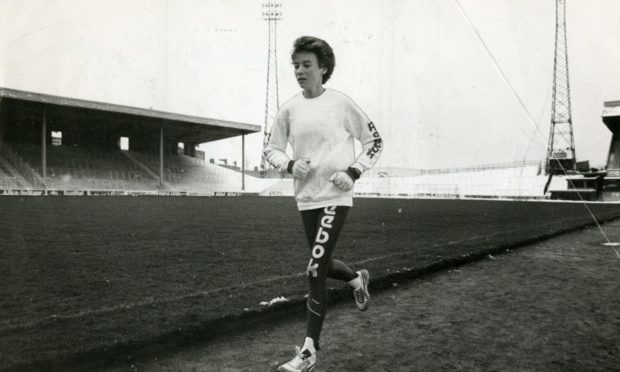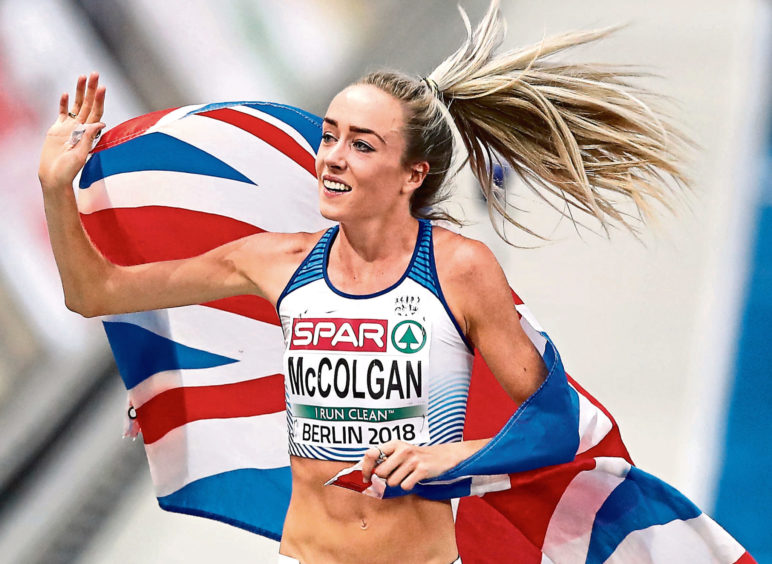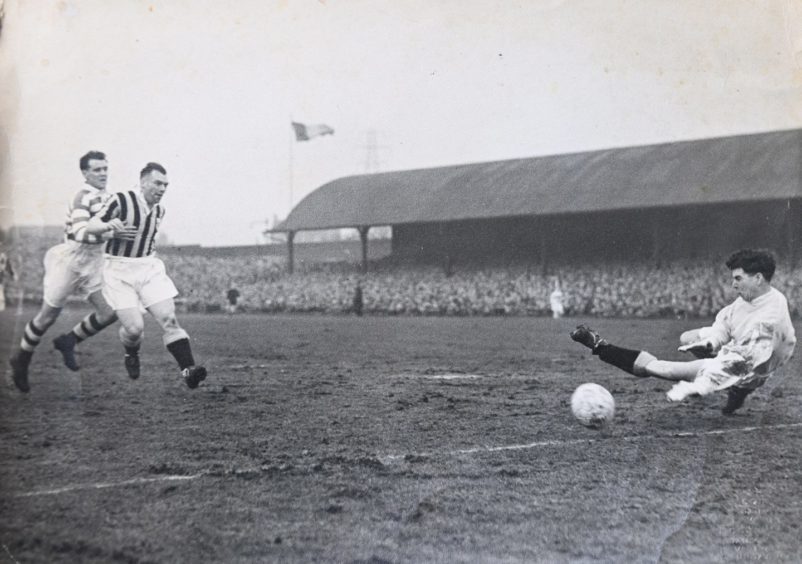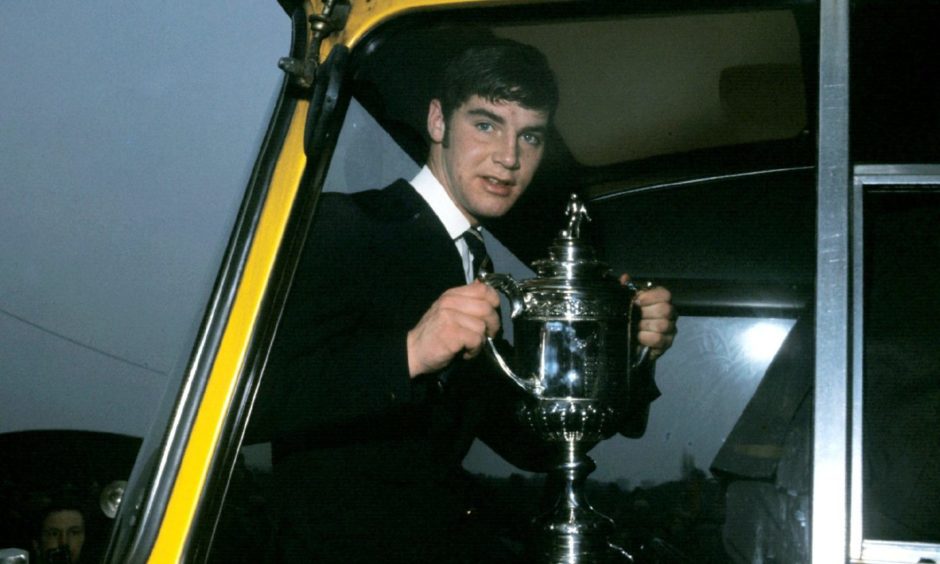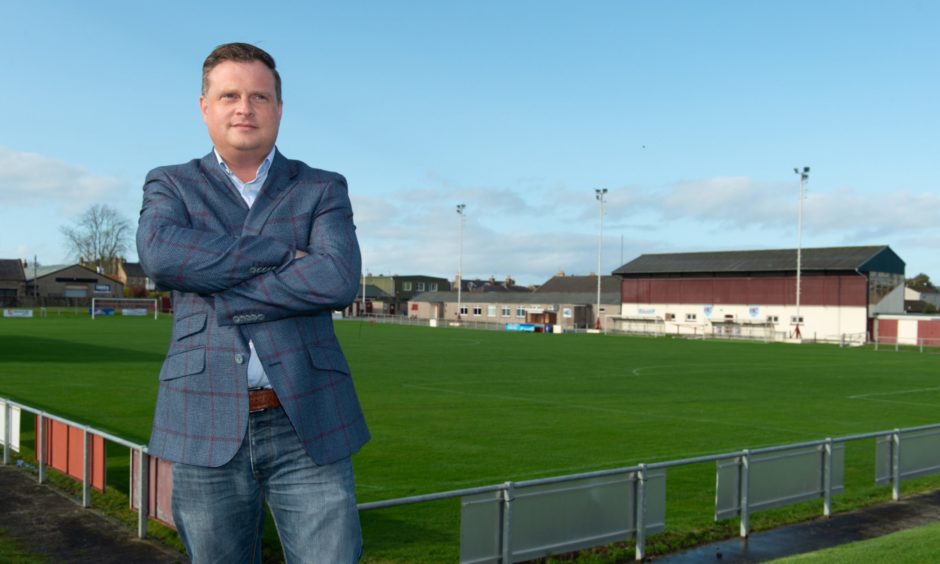There was something uplifting about the fashion in which Eilish McColgan shattered Paula Radcliffe’s long-standing 5,000m British record at the Diamond League meeting in Oslo last week.
It was another reminder of the steely manner in which the 30-year-old and her coach Liz, a former world champion in her own right, have pounded away on the treadmill and pushed their bodies through the wringer in search of new conquests and achievements. Hard-boiled eggs from the same nest, these Dundonians have never believed in just going through the motions.
And their success is another example of the massive influence which family connections have made on the history of Scottish sport. Whether in rugby, with such names as Hastings, Redpath, Laidlaw and Townsend providing a conveyor belt of star quality, or football, where we have had the likes of George and Martin Buchan, George and Craig Burley or Derek, Barry and Lewis Ferguson, the same qualities have been in their DNA.
Talent passed down generations
I talked recently to John Curran, the honorary president of Highland League club Keith and discovered the intriguing tale of how three generations of his kith and kin had made their mark all over the football realm.
The original Curran – the first of the trio – travelled to Philadelphia in the 1920s and became a well-known player in the United States, before he and his pregnant wife embarked on a gruelling trip back across the Atlantic to ensure their son was eligible to represent Scotland.
Then, there was John Curran II, who was signed up by Aberdeen’s first championship-winning manager Dave Halliday, enjoyed cup success at East Fife during the 1950s, moved to Watford and subsequently became a stalwart member of Keith in the days when they were giants of the Highland League.
Mr Curran’s father soon established a reputation as a talented goalkeeper, somebody who was ahead of his time after he signed for Queens Park and made his first appearance against Aberdeen in 1948.
He replaced Ronnie Simpson, the future Lisbon Lion, and was in imperious shot-stopping form as the Glasgow club triumphed 3-1.
Aberdeen won over Arsenal
His son, also John, (mark three), told me: “That debut had obviously impressed the Aberdeen manager, David Halliday, because he pursued John and, within a matter of weeks, professional terms were signed.
“As an amateur, my dad had been free to discuss terms with any club who had shown an interest and he had already received offers from Arsenal, Wolves and Blackpool. But one compelling factor which helped persuade him was the condition he negotiated with Aberdeen which allowed him to complete his apprenticeship as an engineer.”
Despite his relish for the Pittodrie club, he was sold on to East Fife, managed by Scot Symon, in 1951 for a fee of £3,000. However, while that might sound like a peculiar move, it was nothing of the sort, given the Methil club’s ambitions and achievements 70 years ago.
‘Give me a bullet to bite’
The apotheosis of the goalie’s career in the Kingdom arrived in October 1953 when East Fife defeated Partick Thistle 3-2 in a thrilling contest to win the Scottish League Cup final at Hampden Park.
His son said: “The team included Jimmy Bonthrone, who went on to manage Aberdeen, and was managed by Jerry Dawson, whom my dad rated highly.
“The press cuttings of the match describe, dramatically, the ebb and flow of the final. I love the cameo about my dad rushing from the field to have his dislocated finger pushed back in.
“He said: ‘Just give me a bullet to bite, Doc’. They bred them tough in these days. And that was definitely the highlight of his time at the club.”
Both John and his father were in their element at Keith, hoovering up trophies and helping put the organisation on the map, including orchestrating Scottish Cup shocks such as the 3-0 demolition of Hamilton in 1960.
And the continuing efforts of families such as the Currans is a reminder of the positive effects these hardy souls can have on boosting their communities.
‘I didn’t think I would cry’
It’s a similar scenario with the McColgan mother-and-daughter duo, who have attained a plethora of prizes and plaudits during the last 35 years.
Indeed, the then Liz Lynch has never forgotten the tidal wave of emotion which enveloped her when she stood on the gold medal podium in Edinburgh at the 1986 Commonwealth Games.
Two friends had struck a wager with the Dundee athlete that she would cry during the ceremony. Lynch insisted that she wouldn’t. But when the anthem started playing and she listened to the rapturous ovation from the packed crowd at Meadowbank Stadium, even this redoubtable competitor, who surged to victory in the 10,000m, was overcome and the tears flowed.
As she recalled: “I didn’t think I would, but the crowd were something else and Scotland the Brave sounded so wonderful.
“There was a lot of pressure on me before the race as it was the last opportunity of a gold medal for the Scots in track and field. It was so overwhelming, totally unbelievable. I could never, ever relive that moment.”
Later this month, Eilish will be involved at the Olympic Games in Tokyo and chasing fresh dreams of her own. It will be very difficult to overcome the African competitors who have domated the long-distance events, but, given her genes, we shouldn’t rule out her chances.
Family, fitness, fortitude….they are all part of the Scottish sporting legacy.
